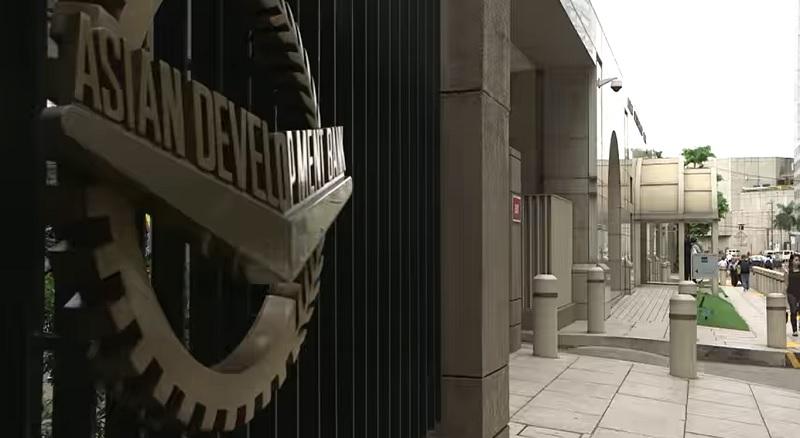ADB crafts new six-year country partnership strategy for PH

The Asian Development Bank (ADB) on Thursday announced it has crafted a new country partnership strategy (CPS) aimed at setting a fresh transformative agenda for the Philippines in the next six years.
In a statement, the Manila-based multilateral lender said the new CPS is “designed to ensure that growth is not only sustained but also inclusive and resilient in the face of climate challenges.”
The new strategy, the ADB said, spans from 2024 to 2029 and will focus on addressing critical development needs and bolstering support on three key areas—human development, economic competitiveness and quality infrastructure, as well as nature-based development and disaster resilience.
The multilateral lender said initiatives that promote digital transformation, gender equality, and improved governance and institutional capacity "are integral to the strategy, ensuring a holistic approach to development."
“ADB’s partnership with the Philippines is at its strongest. This new strategy will further a flourishing collaboration to support the country in achieving a prosperous future that leaves no one behind, particularly as it faces the dual challenges of accelerating economic growth and addressing persistent poverty and income inequalities,” said ADB country director for the Philippines Pavit Ramachandran.
“We are leveraging our full suite of support modalities—financial and nonfinancial—to deliver transformative impact, ensuring that the benefits of growth reach all Filipinos, particularly the most vulnerable,” said Ramachandran.
Turning goals to improvements
President Ferdinand "Bongbong" Marcos Jr. said it has been a great pleasure to receive the ADB Philippines Country Partnership Strategy 2024-2029, noting that the ADB has been a reliable partner in Philippine development.
''With almost nine billion dollars in net commitment for the Philippines as of mid-2024, it is the country’s top multilateral development partner and second largest source of official development assistance,'' Marcos said in his speech.
''However, I do not wish to look at this partnership in terms just of years or in figures and numbers,'' he added.
Marcos said the new CPS for 2024-2029 tells us that ''growth means more than just numbers.'' He said the latest strategy is ''about turning lofty goals such as those into tangible improvements in the daily lives of our people.''
''Picture an economy growing at 6% annually, over 6% annually, where growth translates into real benefits for everyday Filipinos. Imagine smoother commutes that give you back precious hours, schools that open doors to opportunities for children, and a healthcare system that ensures that every family can access the care that they need,'' he said.
Aligns with PH goals
The ADB cited the Philippines average 6.3% economic growth from 2021 to 2023, noting it is attracting more foreign direct investments with “robust investment grade rating, dynamic services sector, and higher public investment.”
To help the Philippines remain on its growth trajectory, the lender said that under the new strategy, it “will intensify support for initiatives that benefit low-income households, promote regional economic growth corridors through flagship infrastructure investments, and shift focus to emerging sectors like clean energy, blue economy, and nature-based investments.”
The ADB said the new CPS closely aligns with the Philippines’ development goals, reinforcing the government's reform momentum in areas such as private sector development, public investment, and social inclusion.
By working closely with local communities, government agencies, and other development partners, the lender said it aims to co-create tailored solutions to tackle the most pressing challenges, from infrastructure deficits to climate change, and unlock new opportunities for growth and development.
Moreover, the ADB said it will work to embed climate actions across its engagements and investment plans in the Philippines.
Under the new CPS, the bank said it would also catalyze private sector-led development by supporting policy and regulatory reforms, strengthening of markets and investment pipelines, and expanding funding availability. — with a report from Anna Felicia Bajo/ AOL/ VDV, GMA Integrated News




